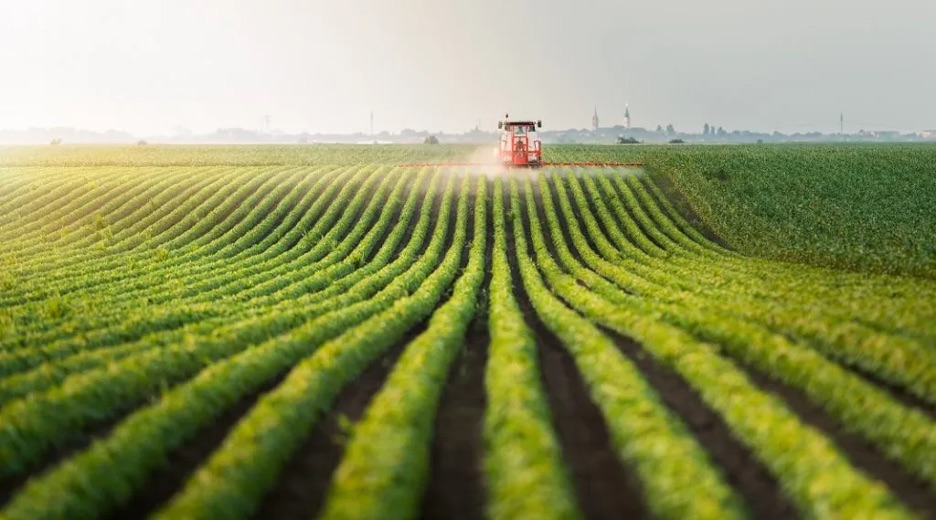By Nikki Rogers, Skye Root & Brent Lawson
Selling farmland for respectable prices requires effort, diligence, and target marketing. It can be easy to assume your farmland will bring top of market pricing as-is, but presentation and information are important. Having information like historical crop rotation, verifiable yield history, accurate water right information (depending on location), easements, surveys, up-to-date taxes, and comparable sales all help potential buyers understand valuation. All the above can be overwhelming as a seller, but that is where finding a qualified farmland real estate broker/agent becomes so important. Not all real estate agents are qualified to sell a farm and not all farmland agents are the right fit for your farm. Chose the right fit.
This article provides four, brief farmland selling tips:
- Property Presentation: Referencing the process of listing farmland, an experienced farmland agent once said, “It needs to be green and clean!” Properties with organized farm equipment, gravel roads, clean pivot corners, and no junk yards signals to buyers that every aspect of the farm is cared for and used to its full potential. Cleanliness attracts quality, motivated buyers. Other things like removing brush piles, not letting grass/weeds become overgrown, repairing fence lines, or removing retired equipment are all small little things which help bring top dollar. As a buyer, it is usually a safe assumption that if farm appearance is first class, the real underlying components of value are also first class.
- Water Data: Particularly in the western US, farmland properties normally transact with appurtenant water rights – which can greatly influence buyer opinion of value. Having an organized, historical water use summary is extremely useful to a buyer. It is essential for buyers to understand water issues (quantity or quality) that could negatively affect long-term operations. Or, if there happens to be a surplus of water, that needs to be accurately explained as this could be a meaningful driver to value. Consider obtaining well pump tests and water quality tests as well as gathering historical power records.
- Information Gathering: Prepare five years of verified production history. Have your agent compile property maps such as soil, FSA, topography, google earth KMZ, etc. Pull a preliminary title report just prior to listing the property to ensure nothing surprising is on title. Other helpful tools can be surveys showing easements, encroachments, and acreages, environmental studies, and information on government programs (including crop insurance). Some buyers will require specific diligence items like surveys, environmental studies (Phase 1), and water reports. Normally, interested buyers will pay for those items, but in turn, request longer due diligence periods. Other buyers will move quicker and require less formal diligence.
- Listing Agent: As briefly mentioned, a knowledgeable listing agent can make or break a smooth farmland real estate transaction. Buyers, and their representatives, want to be able to trust the listing side of a transaction – and usually that means timely, holistic, and accurate data coupled with effective communication.
Remember, even the most sophisticated buyers still buy with their eyes as much as their analytical brains. So, prepare your farm to show well. Quality information gathered prior to taking a farm to market will save time, energy, and failed expectations. Use your listing agent to help prepare and organize this information. You are paying them to help you maximize the value of your farm. You are the paying customer. Set expectations. Find the right fit. Do not be afraid to say no to the wrong fit. Good luck selling!
